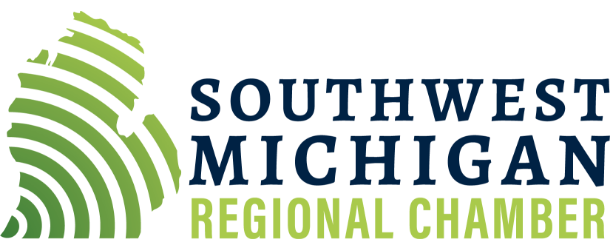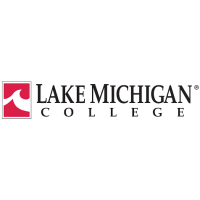Lake Michigan College (LMC) is taking steps to ensure that students facing financial hardship can stay enrolled and complete their education. Thanks to a $99,954 MiLEAP Breaking Barriers Direct to Students grant, the College is launching a significant initiative to simplify and expand access to emergency aid. The project is led by Leslie Navarro, Director of Student Well-Being & Accessibility.
“This is about removing roadblocks,” Navarro said. “Students who are in crisis don’t have time to navigate a complicated system. We’re making it easier for them to get what they need and stay enrolled.”
The new initiative combines four separate aid sources—the Student Success Fund, Veterans Education Assistance Fund, Perkins Cost Assistance Fund, and the Barrier Grant—into a single, unified system. This integration aims to expedite financial assistance for students facing urgent situations, including food insecurity, housing instability, childcare challenges, or a lack of essential academic supplies.
Key features of the initiative include a centralized application, a shared review process, and stronger cross-departmental coordination. Additionally, upgraded technology and a new data dashboard will enable real-time tracking, enhanced communication, and equity monitoring.
Departments involved in the project include Financial Aid, Disability Services, Veteran Services, and Student Affairs. By streamlining services and eliminating duplication, the College anticipates improvements in retention and completion, particularly for students who face barriers outside the classroom.
The project is a direct response to internal data showing that over one-third of LMC students experience food insecurity, with many others struggling to pay for housing, transportation, or childcare. “In situations where students are choosing between paying rent or buying groceries, timely support can mean the difference between staying enrolled and dropping out,” Navarro said.
“Supporting student success and empowering students to overcome barriers is central to LMC’s mission,” said Dr. Ken Flowers, Executive Vice President, “and we are strongly committed to continuing programs that prove effective in advancing those goals.” The College will regularly review data and evaluate the program’s impact to inform future decisions about sustainability.
To be eligible, students must be enrolled in a degree-seeking program, demonstrate financial need (such as Pell eligibility), and provide documentation of an urgent emergency (like an eviction notice or medical bill). Additional risk factors such as parenting status, disability, or veteran status are also considered.
Although other institutions offer emergency aid, LMC’s model is one of the most comprehensive in the state. “This initiative reflects LMC’s leadership in removing barriers and creating clear, supported pathways to student success,” said Navarro.









